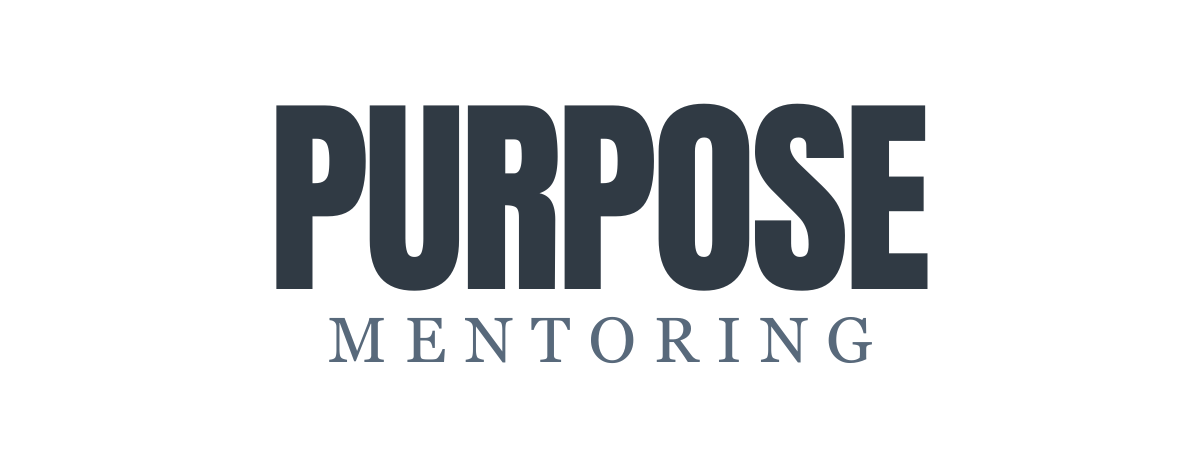FOMO? Gaslighting?
FOMO. Gaslighting. Triggered. Imposter Syndrome. Boundaries. Doom Scrolling. Overwhelm.
I hear these terms every single day, and it is interesting to think that they have generally only appeared in our daily lives within the last 5 years or so.
When I first trained as a Counsellor in 2010-2013, none of these words ever came up (ok, maybe ‘Boundaries’, but nowhere near as often as now). We didn’t learn about them in our course, nor do I remember clients talking about them.
Now, almost every client I meet will use some of these words when telling their story - and it isn’t just ‘Gen Z’ but people of all ages and professions. Many people use ChatGPT as the first stage of therapy, then come to me to talk through their findings. Personally, I think this is absolutely fine, and a really healthy way of using technology for good.
Does this mean that no-one was ever ‘gaslit’ or ‘triggered’ or had ‘FOMO’ a few years ago? Perhaps we used different terminology to describe these concepts and feelings - or perhaps these concepts actually weren’t thought or talked about as much as they could have been before, and they are more in our public awareness now?
There are loads of other examples too. We talk a lot more about Dopamine nowadays, alongside a much more varied range of words to describe Neurodivergence compared to 10+ years ago.
I find it fascinating to see how the lexicon we use as a society is always shifting. As a counsellor, I need to pay close attention not only to what is said, but also the cultural norms of each client’s daily life. When someone talks about ‘doom scrolling’, describes something as ‘meta’, or talks of their manager’s ‘main character energy’, I need to keep my own assumptions and experience to one side so I can try to truly understand this person’s position and help them feel heard. This is part of the deeply human side of my work that I love.
How about you?
What words are you using nowadays that have only entered your life in recent times?
How would YOU have described these feelings in the past, before there were these words for them?
What about people in your team? Are they using language you don’t fully understand? If so, chances are that these words are here to stay - so perhaps now is an opportunity to learn more about this modern lexicon so you can be the teammate or leader that you want to be.
